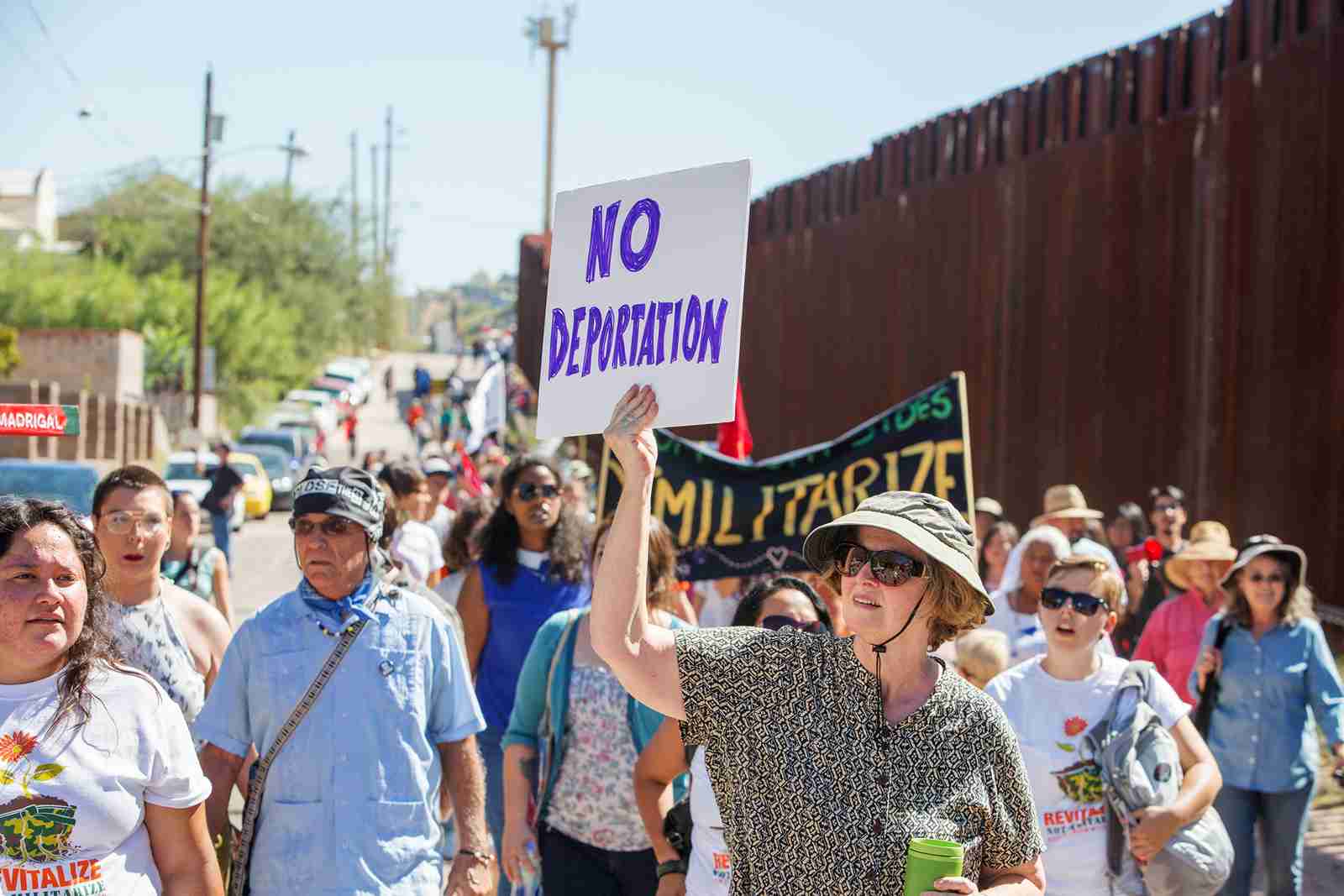Understanding Deportation & Removal in Immigration Law
What is Deportation?
Definition of Deportation
Reasons for Deportation
Noncitizens may face deportation for various reasons, including:
Criminal Convictions
Visa Violations
Failure to Maintain Legal Status
What is Removal?
Definition of Removal
Difference Between Deportation and Removal
Legal Distinctions
Deportation typically refers to cases initiated before 1996, while removal encompasses both deportation and exclusion under the Illegal Immigration Reform and Immigrant Responsibility Act of 1996.
Consequences of Removal
Removal may result in bans on reentry, varying in length depending on the severity of the violation. In some cases, individuals may face permanent inadmissibility.
The Importance of Legal Representation
Why Hire an Immigration Attorney?
Expertise in Immigration Law
Consulting with an experienced immigration lawyer may help clarify the complexities of laws governing deportation and removal, including recent policy changes.
Navigating Complex Legal Procedures
Immigration attorneys may assist with challenging procedures, including filing applications for relief or preparing evidence for hearings.
Potential Benefits of Legal Assistance
Mitigating Risks of Deportation
Legal representation may help identify potential risks and explore ways to build a case for relief.
Exploring Relief Options
Attorneys may explore alternatives, including asylum applications, voluntary departure, or cancellation of removal.
Common Legal Strategies in Deportation Cases
Applying for Asylum
Adjustment of Status
Cancellation of Removal
Waivers of Inadmissibility
The Deportation Process
Initial Proceedings
Notice to Appear (NTA)
The deportation process generally starts with a Notice to Appear, which lists the reasons for removal and schedules an immigration court hearing.
Immigration Court Hearings
Types of Hearings
Immigration hearings can include master calendar hearings, where procedural matters are addressed, and individual hearings, where substantive arguments are presented.
Final Decision and Appeals
Understanding Outcomes
The immigration judge’s decision determines whether the individual is deported, granted relief, or allowed to remain in the U.S.
Appealing a Deportation Order
Noncitizens may appeal deportation orders to the Board of Immigration Appeals (BIA) or higher courts, such as federal circuit courts, as the law allows.
Frequently Asked Questions (FAQs)
Who is at Risk of Deportation?
Noncitizens, including undocumented immigrants and lawful permanent residents, may be at risk if they violate immigration laws or commit deportable offences.
What Should I Do if I Receive a Notice to Appear?
Consider consulting an immigration attorney and gathering evidence for immigration court.
Can I Stop Deportation Proceedings?
Relief options such as asylum, cancellation of removal, or voluntary departure may be available based on individual circumstances.
How Long Does the Deportation Process Take?
The timeline varies based on case complexity, backlog in immigration courts, and appeals.








